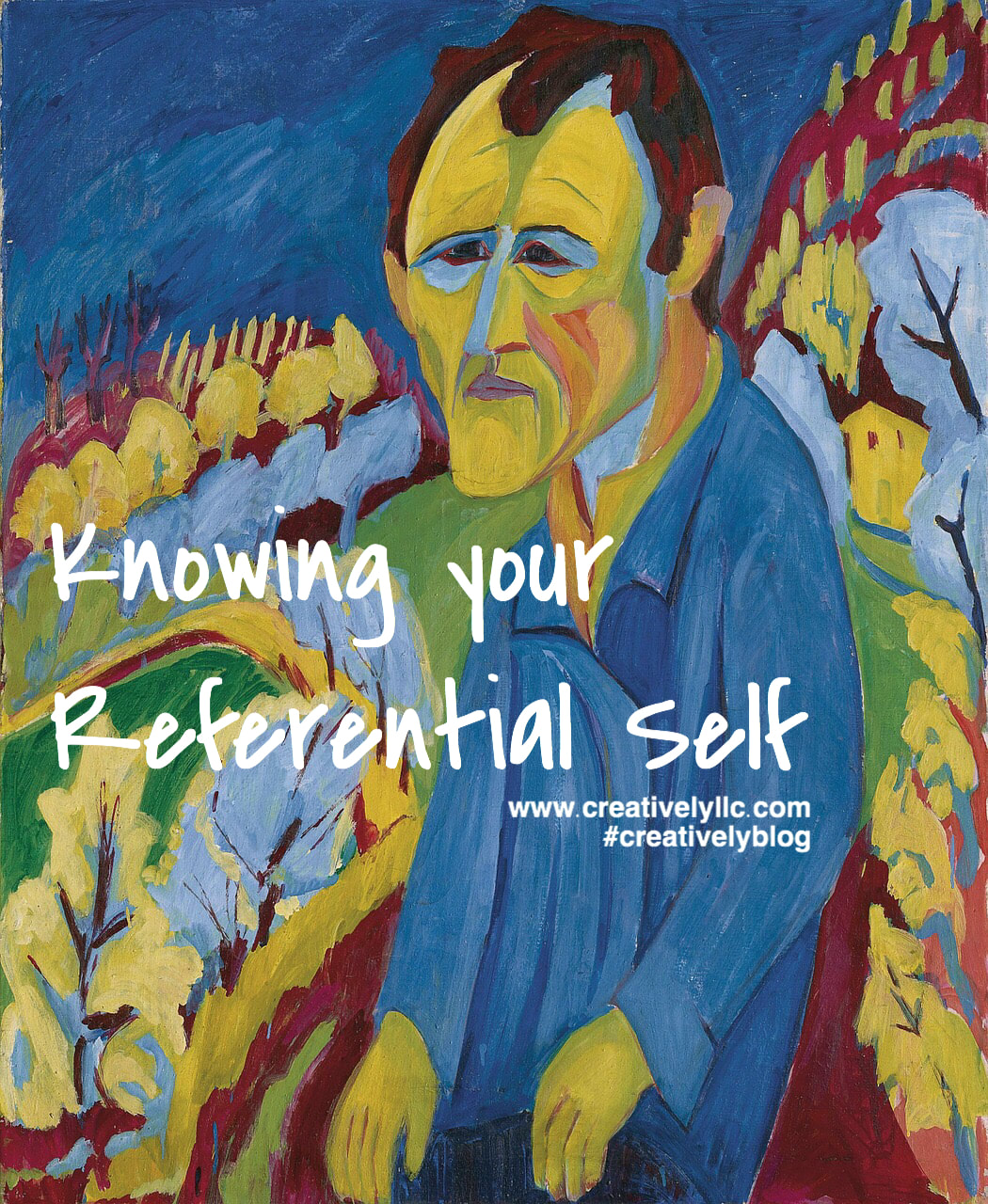|
As artists, we have a unique way of viewing others and the world around us. We communicate this through our work, and it is as cathartic and fulfilling for us as it is exciting and enjoyable for our audience. As a fellow artist, I am interested in exploring this with you. As your therapist, I am also interested in how you view yourself in relationship to the world and others.
In psychology, we talk about a “mental map” as a sort of extension of cognitive mapping. In simple terms, we each have a mental map which we use as reference for how we interact with the world. It is comprised of rules, routines and rituals built from lessons we have learned, people we have interacted with, experiences we have had, and things we have gleaned throughout our personal histories. It is sort of like your personal belief system, but all encompassing, advising how and why each of your behaviors is chosen. I want to take the concept of our unique mental map as a springboard for today’s concept- which I want to call a “referential self.” What I mean by a “referential self” is a version of yourself at a point in time in your life which is significant, and by which you define yourself. You may frequently go back to this version of yourself to assess progress, changes, relationships, decisions and other aspects of growth and development throughout your life. These “referential selves” are frozen in your mind visually and characteristically. In fact, this is a good starting point for identifying what referential selves you may have. Without looking at yourself, imagine yourself. Not what you look like today necessary, but just “you.” How old are you? What are you wearing? Feeling? Can you pinpoint other details about this version of you? You may have more than one mental image which may mean several referential selves. I wonder 2 things for you about these aspects of yourself: 1) what signifies the storage of this version of yourself (eg why this version of you?) and 2) how do you use/judge/see this reference? Take a moment to think about these questions. Is one of your referential selves captured at a moment when you fleshed out important pieces of who you are? Does this version of you have insecurities and flaws that you continue to cling to, even though they may be many years behind you? You may consistently judge yourself or identify yourself as this version of yourself no matter how much you have changed since then. I call this being “stuck” and it is a good concept to explore in therapy. May I suggest the following exercise, as a continuation of self-portrait activities we have previously done together: use your chosen creative modality to explore one of your referential selves. Truly express who this version of yourself was- the good, the bad and the ugly. When you have finished, take a step back (musicians and dancers- you might record your work so you can replay and examine it fully). As objectively as you can, pick apart why this reference is captured and stored (question one above) and how you continue to identify yourself by this version of you (question two above). Go deep. Pull the thread. What did you find? (C) 2018 Creatively, LLC Comments are closed.
|
get more from The Creativity CoursesLiking educational topics and knowing what's hot in creativity? Creatively has online courses, with an interactive creative community, coaching sessions and more in the Creativity Courses. Want these blogposts in a newsletter? Subscribe here, and get a free gift. Cindy Cisnerosis a Creativity Coach, Creative Therapist and Professional Artist in Sykesville, Maryland. She is an expert straddling the realms of arts, creativity research, psychology, therapy, and coaching. She provides Online Creativity Counseling in Maryland and Virginia, and Online Creativity Coaching throughout the USA, Canada and the UK tailored for the discerning, imaginative, artistic, and neurodiverse. The information provided in this blog is from my own clinical experiences and training. It is intended to supplement your clinical care. Never make major life changes before consulting with your treatment team. If you are unsure of your safety or wellbeing, do not hesitate to get help immediately.
Archives
July 2024
|
|
Concierge Therapy for Creatives in Maryland
Creativity Coaching Worldwide including the USA, UK and Canada |
Telephone |
|


 RSS Feed
RSS Feed

